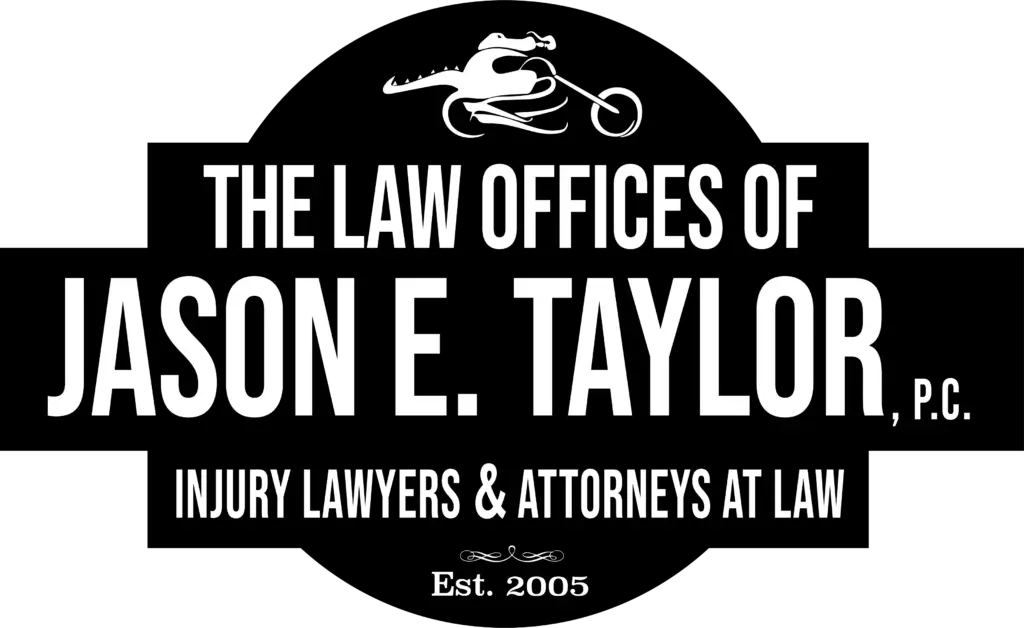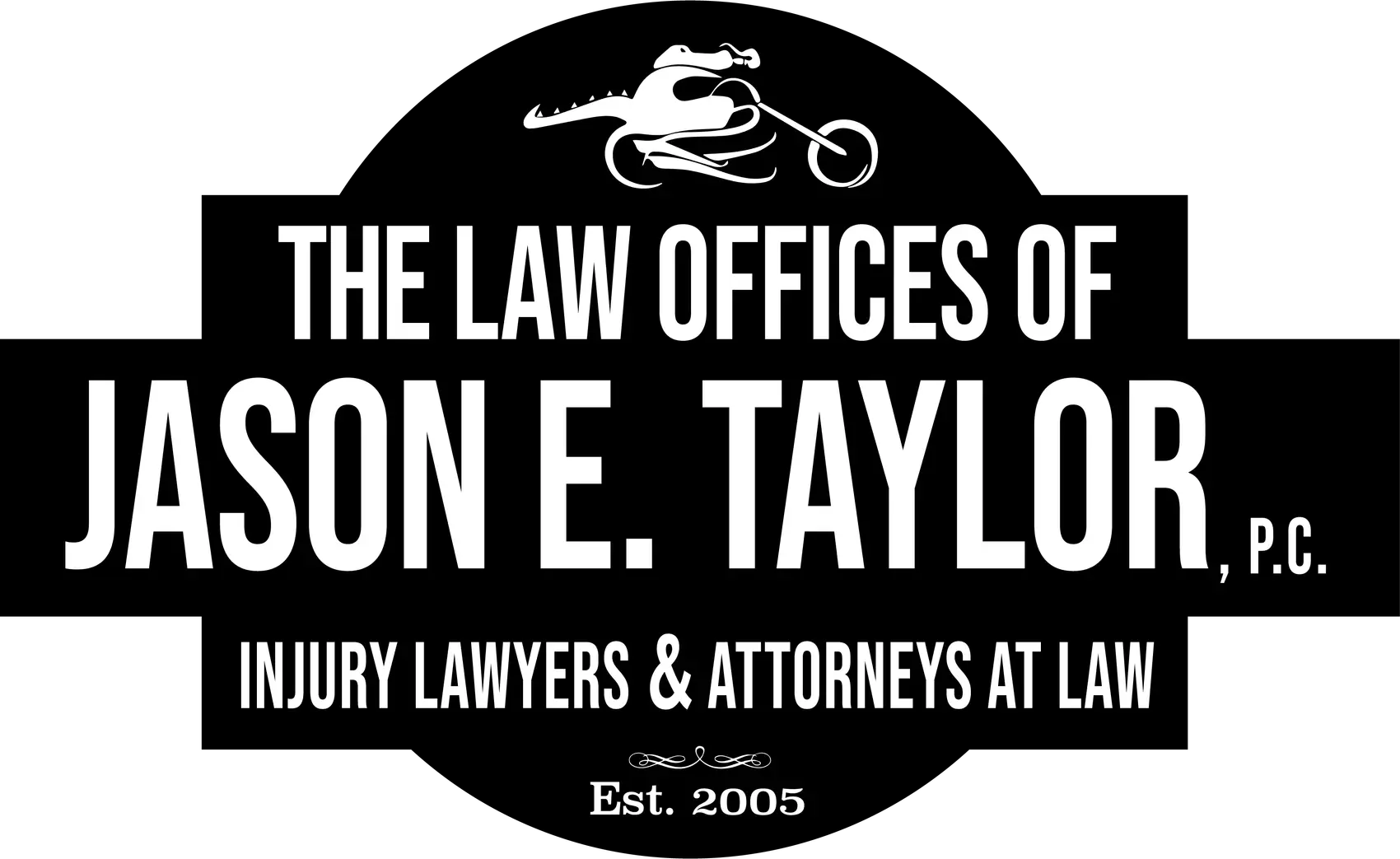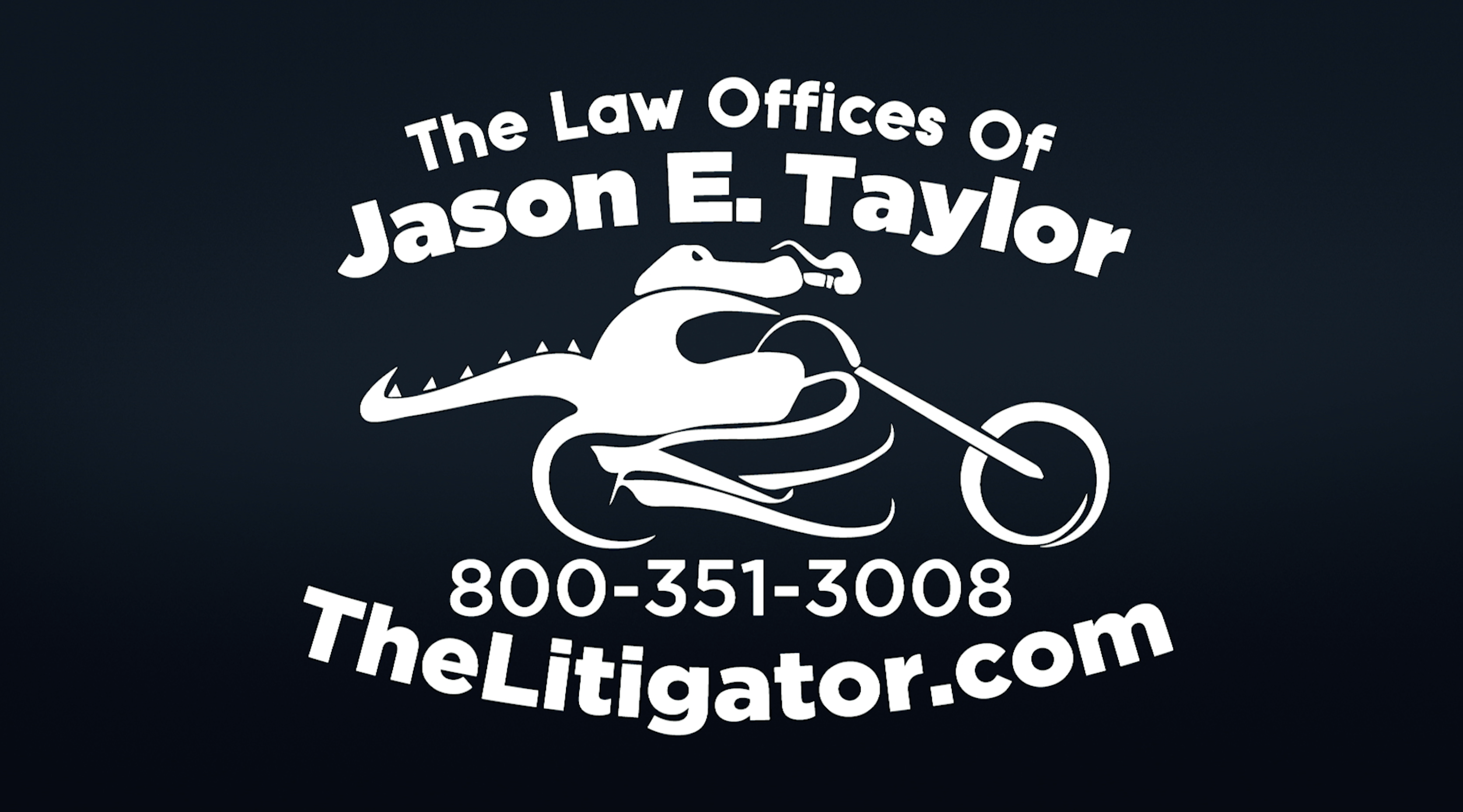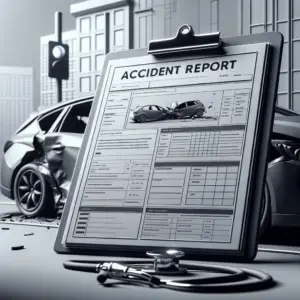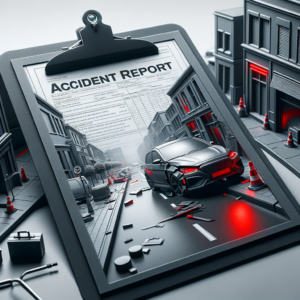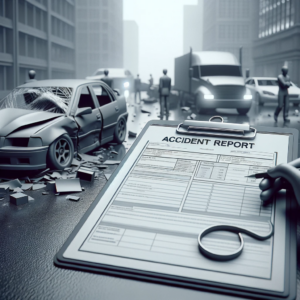Commercial vehicle accidents are complex because of the multiple potentially liable parties involved, including truck drivers, trucking companies, cargo shippers, and truck equipment manufacturers. Commercial motor vehicles (CMVs) are often put on the road by large trucking companies, backed by insurance companies with teams of lawyers who work to minimize accident claims.
The Law Offices of Jason E. Taylor can protect your rights and fight for the compensation you deserve if you or a loved one has been injured in a truck accident in North Carolina.
Below we answer frequently asked questions about trucking accidents. If we can help you further, don’t hesitate to contact our offices in Charlotte or Hickory. We’re here to stand with you.
To speak with a North & South Carolina truck accident attorney directly, call (800) 351-3008.
Yes, you can obtain compensation for your injuries and other losses in a truck accident, but you are likely to need the help of an experienced truck accident lawyer to get what you deserve. If found to have been negligent, the truck driver or carrier who owns the truck may be held liable for an accident that was the driver’s or trucking company’s fault.
Truckers, trucking companies, and the trucks and cargo they put on the road are regulated by the Federal Motor Carrier Safety Administration (FMCSA). Drivers and carriers may be fined or put out of service if they are found to have violated FMCSA rules. Documentation of these violations, as well as any citations by local law enforcement in an accident, is valuable evidence of a trucker’s or trucking company’s negligence.
An experienced truck accident attorney who investigates your accident can determine what the trucker did before a crash and whether they are responsible for any property damage, personal injury, and wrongful death that occurred in a truck accident. An investigation would gather evidence from the crash scene, your damaged vehicle, the truck, the truck’s event data recorder, and other sources. The carrier’s records, such as those pertaining to truck inspection and maintenance; hiring and training its drivers, cargo loaders, and other personnel; and dispatch records, which would indicate how long a truck driver and truck was on the road, could also be subpoenaed.
When we identify violations of federal trucking rules or other negligence, we can present a strong case for compensation for the accident victim. But the trucking company won’t just hand over this evidence, and it can disappear quickly after an accident if the carrier knows it will implicate the company or the driver. It’s essential to start a truck accident investigation as soon as possible and secure vital evidence as quickly as possible.
Yes. Because of all that goes into putting a large transfer truck on the road, several parties are potentially responsible for a truck accident.
In addition to the truck driver and owner, other parties that may be liable for a truck accident include:
- Truck manufacturers and parts manufacturers. If the truck’s failure or one of its component parts caused an accident, the manufacturer and distributor might be held accountable through a product liability claim. This should be considered in accidents linked to tire blowouts or failures of the truck’s brake, steering, or coupling (“kingpin”) systems and other mechanical failures.
- Cargo shippers or loaders. Trucking firms often ship cargo for other companies. The separate vendors in such an arrangement, including the cargo originator, shipper, loader, and transporter, may each be held liable if they are negligent. If a cargo shift causes an accident or other problems with cargo are found to have been a factor in a truck accident, each party involved with the cargo should be investigated.
- Other vendors. Carriers of varying sizes outsource different amounts of their work. Fleet operations, such as truck maintenance and dispatching, may be outsourced. Personnel work, such as recruiting drivers and conducting background checks, is often provided by a vendor. If, for example, a driver had multiple driving violations or FMCSA violations on his record or a drug abuse problem and those problems contributed to a crash but had not been made known by a vendor, the vendor might be held liable.
- A local government and contractors. Suppose the soft shoulder of a road or broken pavement contributed to a truck’s rollover accident, for example. In that case, the local or state government responsible for the roadway might be liable for the crash. A contractor hired to maintain the roadway might be liable if the quality of their work or neglected work contributed to a wreck or the design or operation of a work zone they set up contributed to a crash.
It may be that several parties had a role in a truck accident. Only after a thorough investigation can you be sure you are seeking compensation from everyone responsible for your accident, injuries, and losses.
If you have been injured in a commercial truck accident, a lawyer can help you in two primary ways. They can ensure your rights are protected and properly exercised on your behalf and take care of the work required to obtain the insurance payment you deserve. This lets you concentrate on your recovery.
A trucker, trucking company, and their insurance companies all have a financial interest in seeing that you receive as little as possible for your insurance claim after a truck accident. The insurance adjuster is likely to try to settle the case quickly and inexpensively. You may have already received an initial lowball settlement offer before all of your losses are known.
If you reject a settlement, the insurer could then decide to delay your claim. This will be hard for you to fight, especially if you are recuperating from serious injuries. Your attorney will work to make sure you obtain the compensation that adequately addresses all of your losses.
A truck accident attorney can investigate your incident to identify what happened and who should be held liable. The objective of a truck accident investigation is to identify all parties that should be held accountable and to fully document your losses, including future losses for anticipated medical procedures and diminished earning capacity. This enables you to seek the maximum compensation you are due.
For truck accidents, this requires knowledge of trucking industry rules and regulations and, in many cases, the assistance of forensic engineers and accident reconstruction specialists. An experienced attorney has the knowledge needed to understand what factors in a truck accident matter should be examined, and the resources to obtain outside expertise when needed.
Your attorney is also your advocate before doctors, hospitals, courts, and others who will have demands on you though you may still be recovering from injuries. Assuring deadlines for legal paperwork are met and ensuring creditors that a claim is underway and payment to them can be anticipated is another part of the services your attorney provides you.
What Makes a Commercial Truck Accident More Complex Than a Passenger Vehicle Accident?
Large commercial trucks such as tractor-trailers, semis, flatbeds, and tanker trucks can cause severe damage if a truck driver drives at an unsafe speed for the road conditions or has a mechanical issue. When accidents involve a large truck, the occupants of passenger vehicles are likely to suffer serious or fatal injuries. Single-vehicle truck crashes can cause widespread property damage, including environmental damage if the truck spills toxic chemicals or hazardous waste.
Commercial vehicle accidents are complex because of the multiple potentially liable parties involved, including truck drivers, trucking companies, cargo shippers, and truck equipment manufacturers. Commercial motor vehicles (CMVs) are often put on the road by large trucking companies, backed by insurance companies with teams of lawyers who work to minimize accident claims.
The Law Offices of Jason E. Taylor can protect your rights and fight for the compensation you deserve if you or a loved one has been injured in a truck accident in North Carolina.
Below we answer frequently asked questions about trucking accidents. If we can help you further, don’t hesitate to contact our offices in Charlotte or Hickory. We’re here to stand with you.
Truck accidents are different on two fronts: the size and weight of an 18-wheeler magnify the potential damage in a wreck, and tractor-trailers represent a substantial commercial investment, which the truck’s owners seek to protect at the expense of those injured in a wreck.
Your passenger car probably weighs about 4,000 pounds, but a fully-loaded 18-wheeler can weigh 80,000 pounds or more. The impact of a large truck moving at highway speed is exponentially more significant than the impact a passenger vehicle would have in a collision. Meanwhile, the size of the truck protects its occupants. The National Highway Traffic Safety Administration (NHTSA) says 71 percent of people killed in large truck crashes in 2013 were occupants of the other vehicles.
Secondly, a commercial truck represents a considerable investment that is meant to secure a financial return. The cab for a commercial truck may cost $130,000 to $180,000, and the trailer may cost $30,000 to $80,000, according to Truckers Report. Large trucks are typically owned by regional or national trucking companies, which seek to protect their bottom lines. If a commercial carrier has already lost a truck in a wreck, it cannot afford a large payout for injuries or property damage, even through an insurance company. The insurer has a bottom line to protect, as well.
After a commercial truck accident, passenger car victims of the wreck are likely to be hospitalized with severe injuries. At the same time, the carrier deploys insurance company claims adjusters and lawyers to protect its interests. The insurance representative of a trucking company may offer a fast settlement to close the case quickly. If you resist, they know how to obstruct and delay your claim in hopes that you will give up. Insurers play the same games in serious passenger car accidents, but a trucking company and its insurers and lawyers are typically more ruthless with more on the line.
Are There Particular Reasons a Truck Driver will Get Into an Accident?
Yes, a touchstone study of truck accidents identifies several causes of large truck crashes. But as a summary of the study states: “Crash reconstruction experts rarely conclude that (truck) crashes are the result of a single factor.”
The Federal Motor Carrier Safety Administration (FMCSA) and the National Highway Traffic Safety Administration (NHTSA) conducted the Large Truck Crash Causation Study (LTCCS)by drawing upon a representative sample from among the 120,000 large truck crashes that occurred between April 2001 and December 2003. Each crash involved at least one large truck and resulted in a fatality or injury.
In addition to the critical reason cited for each crash, such as driver error, vehicle failure, or roadway or weather condition, the researchers identified hundreds of associated factors for each vehicle in each crash.
Some major causes for collisions large truck crashes include:
- Traffic jams
- Overuse of energy pills to stay awake, or general effects from prescription drugs
- Malfunctioning brakes
- Speeding around bends and dangerous roads
- Driving a new route
- Roadwork, potholes, and other conditions affecting driving routes
- Slamming on brakes when approaching obstructions
- Fatigue
In recent years, distracted driving by truckers has become a significant concern, just as it has with noncommercial drivers. Other times, a driver may lose control of their rig because of a cargo shift or the failure of one or more of the vehicle’s systems or parts, such as steering, brakes, tires, or coupling.
Again, this illustrates the complexity of a tractor-trailer or other large truck accidents and the need for experienced independent investigators. Personal injury lawyers working for you will sort out what happened and why.
A Truck Crashed in Front of My Place of Business and My Property is Badly Damaged. Is There Anything I can Do About This Legally?
You are not alone. Truck accidents often cause significant property and environmental damage. A legal claim after such an accident can seek to recover the costs of property repairs or reconstruction, environmental cleanup, and more.
A 2013 study by the National Transportation Systems Center identified multiple costs in a truck accident, including:
- Medical costs
- Emergency services costs
- Property damage
- Lost productivity (lost work time from injuries and additional travel time resulting from vehicle delays)
- Emissions costs
- Excess fuel consumption costs
Trucks that plow into buildings or other property or spill cargo can cause excessive damage. Hazardous material spilled in a truck accident can cause significant and lasting environmental harm. Hazardous materials most frequently found in large truck spills are flammable liquids, such as gasoline. Still, they may also include flammable and non-flammable gases, corrosive materials, toxic and infectious substances, and more.
A claim after a truck accident should consider all costs, including damage to real property and the cost to repair it, and the loss of the use of real property while it is under repair or reconstruction or if it cannot be repaired or rebuilt.
Why do I Need a Truck Accident Attorney After a Crash?
If you have been injured in a commercial truck accident in Western North Carolina, the Hickory truck accident attorneys of The Law Offices of Jason E. Taylor are who you want to have on your side. We understand the technical aspects of a tractor-trailer and other large truck accidents and the devastating injuries they can cause. We have the resources and the determination to fight for you and ensure you are appropriately compensated for all of your losses.
